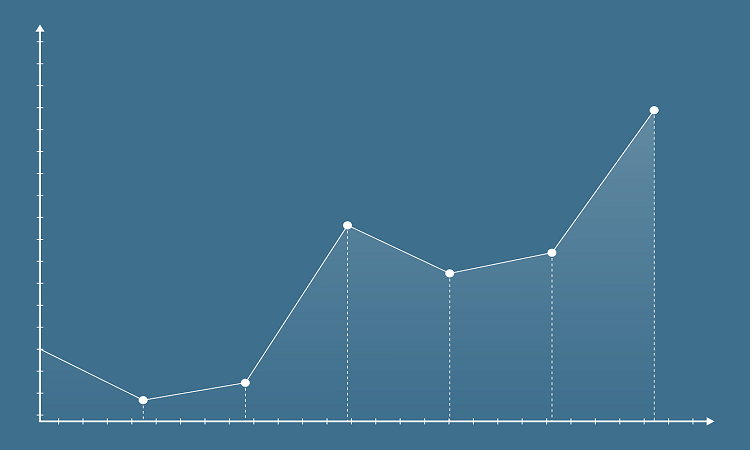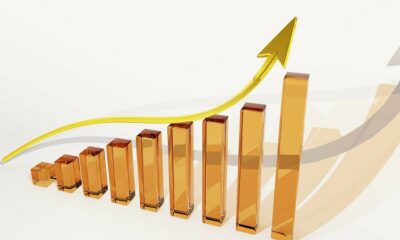Financial Markets
Financial Market – What is Liquidity?

A financial market is simply a marketplace where individuals trade derivatives and financial securities at very low transaction prices. Some of these securities include bonds and shares, equities, and commodities, which are calling financial commodities in the financial markets. The commodities include such items as oil, gold, silver, gas, and other energy-based goods. The term ‘finance’ is applied to any market where transactions in financial securities take place. Financial markets all around the world trade in securities involving banking, insurance, equity, equities, commodities, and securities.
The price of a security usually increases in response to demand from investors who need the money and decreases in response to supply from economy makers who need to hold onto a given amount of securities. As for the word ‘caveat’, there is no way of telling when an investor will sell shares or when they will buy them. However, most financial markets do operate on some sort of hedging mechanism that ensures that investors can offset any eventual losses by selling shares or holding onto the financial instruments.
For example, in the oil market, when oil prices rise, so does the oil demand, and so does the supply. If everyone is buying up oil and trying to sell it to increase their liquidity; then you have an increase in supply, and consequently, an increase in prices as producers will need to add more to the stockpile to meet this increased demand. This is the basic nature of financial markets, although it must be noted, that liquidity is not solely about availability – if a product is taken away from the shelves, the prices drop.
As with other financial markets, the most liquid products are those that are traded on exchanges, for example, the New York Stock Exchange, the Chicago Board of Trade, and the NASDAQ. These have very low costs of trading and also several buyers and sellers that take place at any given time. Futures and options are also highly liquid and therefore, provide the opportunity to take part in financial transactions very quickly. In addition to this, if you want to trade these products to take advantage of global economies and trends, then there are several international futures and options exchanges that take place between different countries, allowing you to invest in global economies. As you can see, there are several advantages associated with the trading of financial markets such as futures and options and one of these is the fact that it can be done from anywhere in the world and at any time.
The liquidity in financial markets occurs when there is a high degree of trust in the exchange itself. In other words, if the exchange believes that the product, which is being bought and sold, is something that will increase in value in a short period of time. The more confidence that is there in the market, the more liquid it will be because people will be willing to pay a premium for the product. This means that the price of the product will be based on predictions of what the future market will be like and since there is significant liquidity, the supply and demand, or the supply and availability, of the product will also be in equilibrium.
Financial markets are considered to be a long term investment decision-making tool due to the liquidity factor. This means that investors can get into positions very quickly. However, they must also consider the possible consequences of their decisions. For example, the interest rate may go up and this could result in inflation. Therefore, investors need to take some time to properly assess the instrument that they are buying and this is best done by professionals.

























